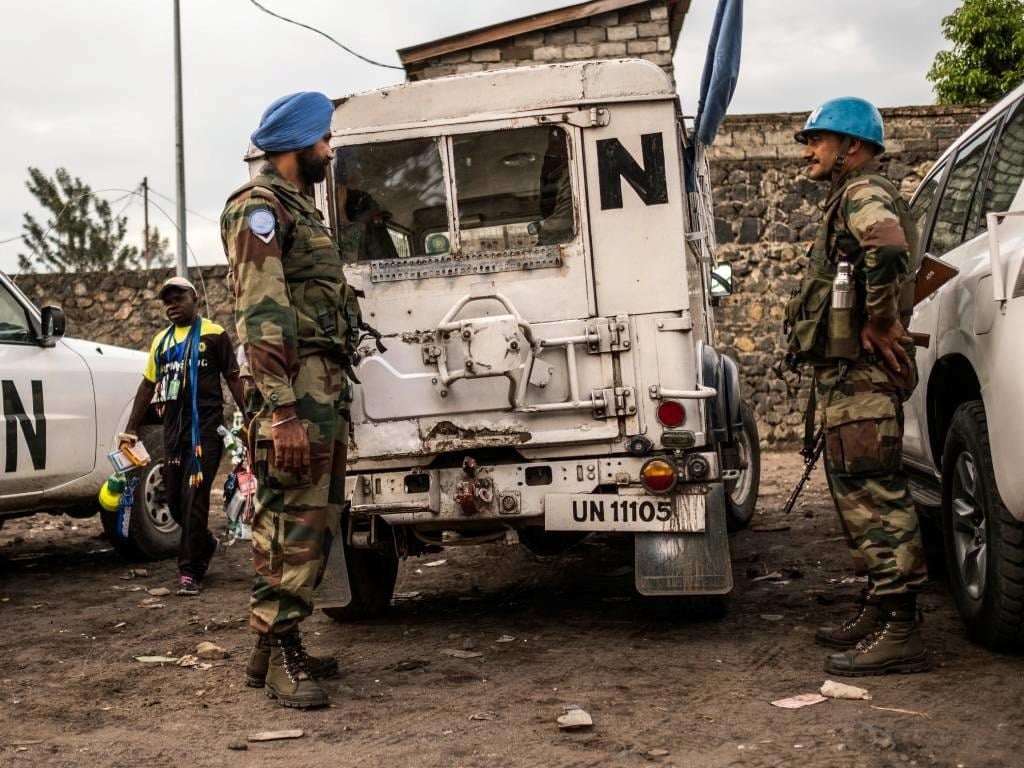
Photo Credit:AP
Three figures from the Democratic Republic of the Congo's (DRC) political and civil society have accused the country's president of making the nation ungovernable through what they term "balkanisation", with a grand plan of making the general elections next year "unworkable".
By definition, balkanisation is the division of a multinational state into smaller ethnically homogeneous entities.n-thickness
The term is also used to refer to ethnic conflict within multi-ethnic states.
Dr Denis Mukwege, a world-renowned gynaecologist and human rights activist, 2018 Nobel Peace Prize winner Augustin Matata Ponyo, a politician and former prime minister under Joseph Kabila, and 2018 presidential election runner-up Martin Fayulu have come together to voice their concerns.
The DRC is set to hold general elections in December 2023.
But the unrest in the eastern parts of the country, where rebel groups such as M23 are fighting government forces, could derail credible polls.
The three accuse President Felix Tshisekedi of targeting the opposition and running opaque election preparations.
"We express our deep concern about the non-inclusive nature of the electoral process, as well as the violation of the constitution, particularly about the legal proceedings initiated against certain political actors to eliminate them from the electoral process," they said in a statement.
"Our country is going through one of the darkest moments of its existence. And, if we don't wake up and don't take our responsibilities to act with courage, loftiness, wisdom and determination, history will remember that we will have been witness-accomplices of its fragmentation, therefore of its balkanization," the statement reads.
The statement added:
An estimated 50 million people in the country's 26 districts are eligible to vote.
Some reports from central and east Africa say that while voter registration had begun over the weekend in some parts of the country, there had been a shortage of registration kits.
The Independent National Electoral Commission (INEC) is responsible for electoral issues in the country.
The election will cost an estimated R10.5 billion, but the country budgeted R7.8 billion.
The supplementary budget would come from external partners.
These elections follow the country's first democratic process in December 2018, which were held two years after they were initially planned.






















